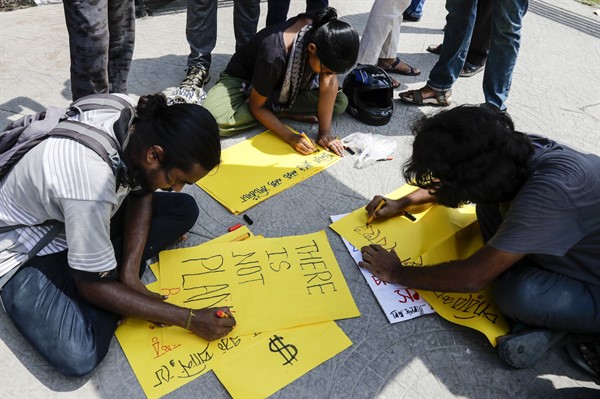Being an activist is tough. Being a young activist is tougher still. Although youth-led groups and movements have proven time and time again they can be drivers of progress and prosperity, the world has a poor track record of offering them a helping hand as they try to do so.
Today, for instance, we look back with fond nostalgia at the protests that swept the West in 1968, including the civil rights movement in the U.S. that resulted in the landmark Civil Rights Act, as well as student and wildcat strikes across France known collectively as May ’68. Popular accounts of that time highlight how the fervent excitement and solidarity that emerged between protesting students and more-established labor and progressive movements around the world catalyzed social change in 1968.
Less well-remembered, however, is the way many of these young activists were brutally repressed during that year of protest. In Mexico, for instance, more than 40 young people were gunned down by the armed forces for protesting the upcoming Olympic Games in Mexico City. In what was then communist Czechoslovakia, the Prague Spring—a period of liberalization driven by student protests—came to a violent end when the Soviet Union invaded. So while we may look back now at the young activists of 1968 with admiration and gratitude, at the time the world largely failed to recognize their value.

